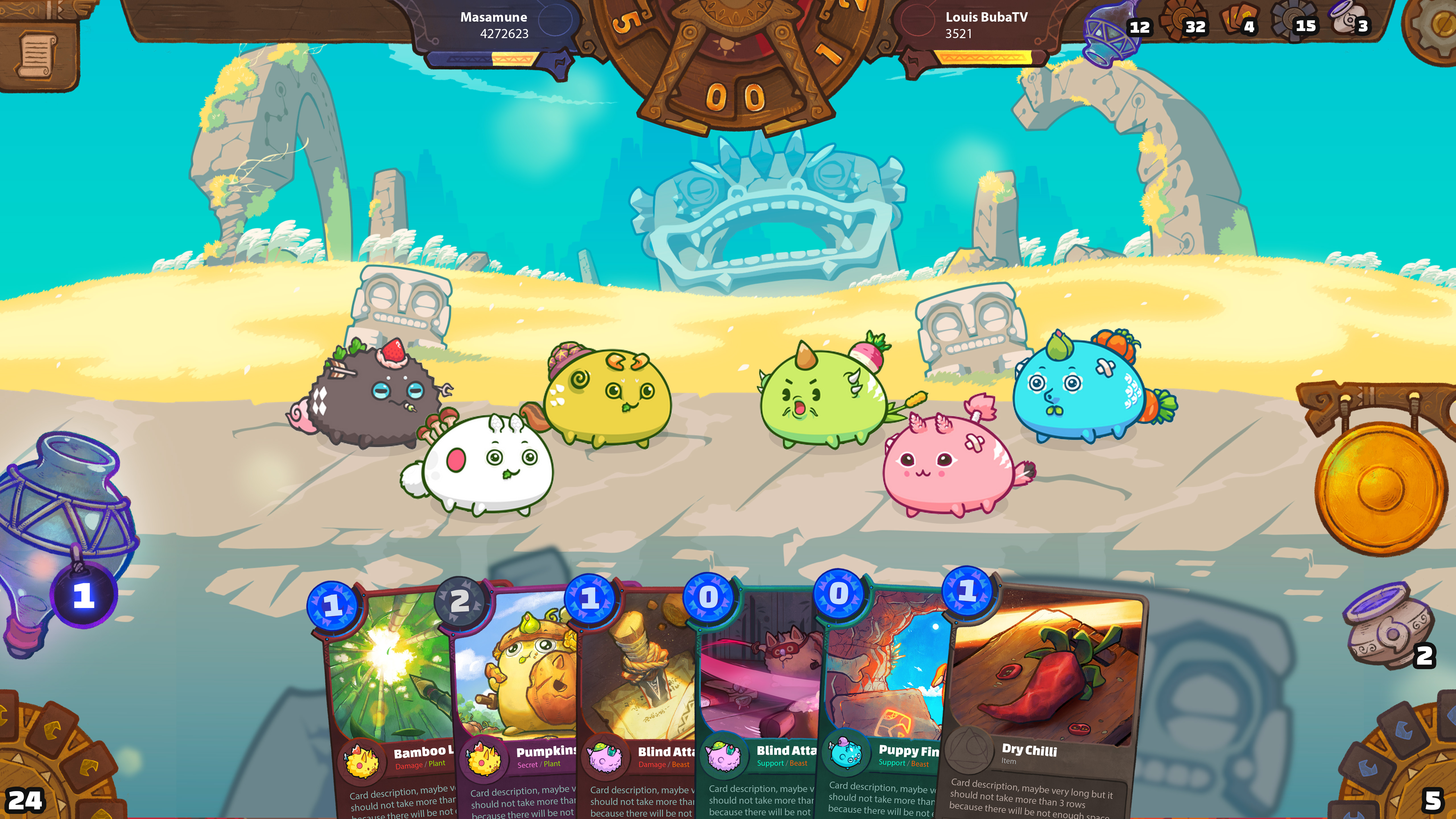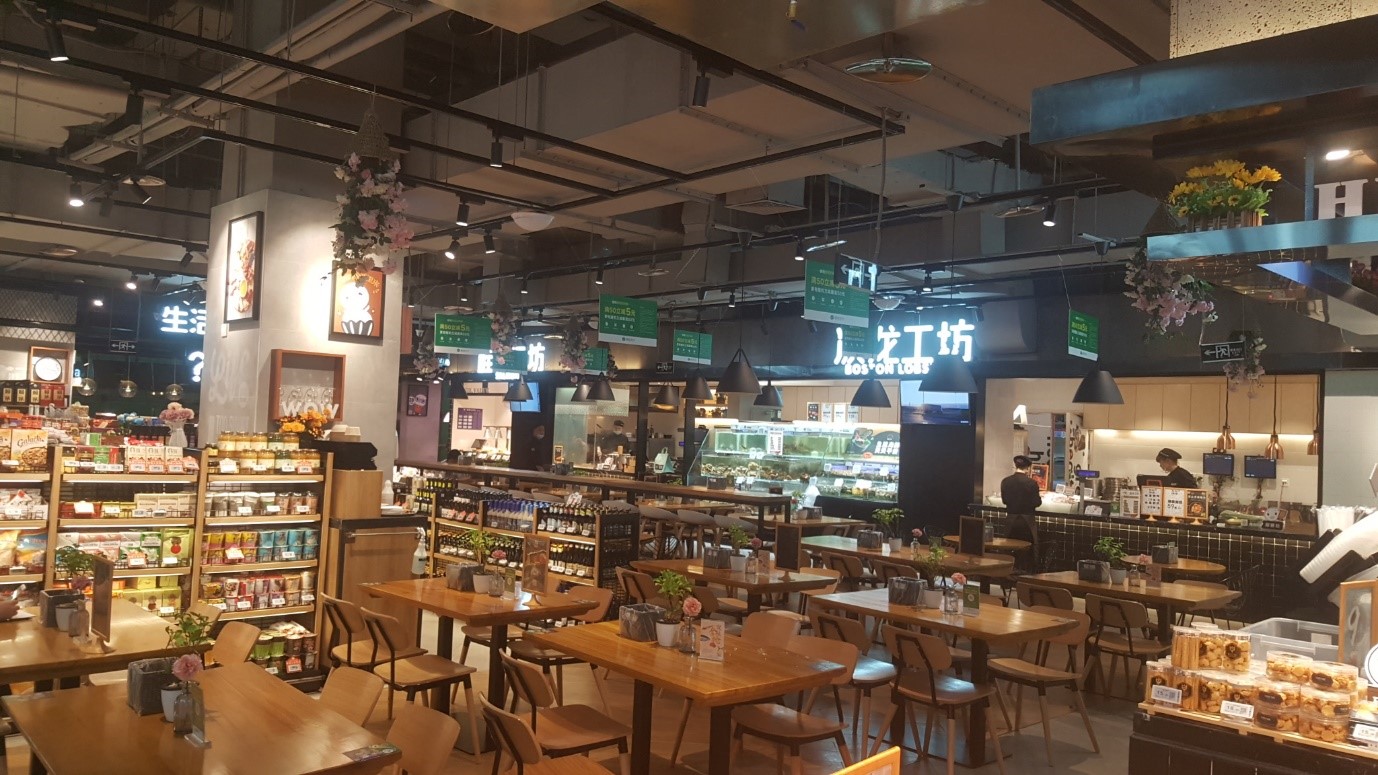What’s the hottest commodity during this election?
What’s the hottest commodity during this election?


“I wanted to be a doctor, but my dad wants me to be a TikTok influencer”– the generation after Gen Z
Me back in 2020 at @pikbakinghouse store, trying to sell Hawaiian Papaya Ci Mehong Style.
In recent months, commodities like nickel, bauxite, and even seaweed have dominated headlines and filled the election debate, but one commodity stands out among the rest, and it’s not what you might expect: followers.
The realization hit home when President Joko Widodo began engaging influencers during the 2019 election. Suddenly, it became clear that social media followers were a valuable commodity, perhaps one of the most crucial in today’s digital age.
Fast forward to now, and the importance of followers has reached unprecedented heights. This trend is especially evident in the lead-up to the 2024 election, with many candidates incorporating follower count into their campaign strategies. Some are even going so far as to recruit celebrities and their spouses as legislative candidates, leveraging their massive social media followings.
What’s intriguing is how this trend extends to unexpected individuals, like my friend’s mom, Tjioe Nofia Handayani, affectionately known as Ci Mehong. Despite her seemingly niche market of selling high-end goods like geoduck and abalone, her years of dedication and countless social media posts have amassed her nearly 400,000 Instagram followers and over 420,000 on TikTok. For once, this might just be the best way to capitalize on the massive followers that she has.
This phenomenon has prompted some to reconsider traditional paths to influence and power. While I have other friends of which many have grown up in families entrenched in politics, the allure of social media influence may signal a new era in politics and beyond.
Interestingly, this shift in focus towards digital influence might explain why consumer industries, typically buoyed by election cycles, haven’t seen the expected boost. Instead, much of the campaign funds are likely being funneled into digital marketing and endorsements, capitalizing on the power of this new hot commodity.
So, perhaps the next time a member of Gen Z expresses aspirations to own a nickel or gold mine, they might consider the potential of becoming an influencer instead. After all, in this digital age, followers aren’t just numbers; they’re pure currency, paving the way to fame, fortune, and influence. It’s a whole new frontier where likes and shares hold more power than gold nuggets.
Danzel Aryo Soerjohadi
Investments at Heyokha Brother
Admin heyokha
Share
“I wanted to be a doctor, but my dad wants me to be a TikTok influencer”– the generation after Gen Z
Me back in 2020 at @pikbakinghouse store, trying to sell Hawaiian Papaya Ci Mehong Style.
In recent months, commodities like nickel, bauxite, and even seaweed have dominated headlines and filled the election debate, but one commodity stands out among the rest, and it’s not what you might expect: followers.
The realization hit home when President Joko Widodo began engaging influencers during the 2019 election. Suddenly, it became clear that social media followers were a valuable commodity, perhaps one of the most crucial in today’s digital age.
Fast forward to now, and the importance of followers has reached unprecedented heights. This trend is especially evident in the lead-up to the 2024 election, with many candidates incorporating follower count into their campaign strategies. Some are even going so far as to recruit celebrities and their spouses as legislative candidates, leveraging their massive social media followings.
What’s intriguing is how this trend extends to unexpected individuals, like my friend’s mom, Tjioe Nofia Handayani, affectionately known as Ci Mehong. Despite her seemingly niche market of selling high-end goods like geoduck and abalone, her years of dedication and countless social media posts have amassed her nearly 400,000 Instagram followers and over 420,000 on TikTok. For once, this might just be the best way to capitalize on the massive followers that she has.
This phenomenon has prompted some to reconsider traditional paths to influence and power. While I have other friends of which many have grown up in families entrenched in politics, the allure of social media influence may signal a new era in politics and beyond.
Interestingly, this shift in focus towards digital influence might explain why consumer industries, typically buoyed by election cycles, haven’t seen the expected boost. Instead, much of the campaign funds are likely being funneled into digital marketing and endorsements, capitalizing on the power of this new hot commodity.
So, perhaps the next time a member of Gen Z expresses aspirations to own a nickel or gold mine, they might consider the potential of becoming an influencer instead. After all, in this digital age, followers aren’t just numbers; they’re pure currency, paving the way to fame, fortune, and influence. It’s a whole new frontier where likes and shares hold more power than gold nuggets.
Danzel Aryo Soerjohadi
Investments at Heyokha Brother
Admin heyokha
Share















great blog!